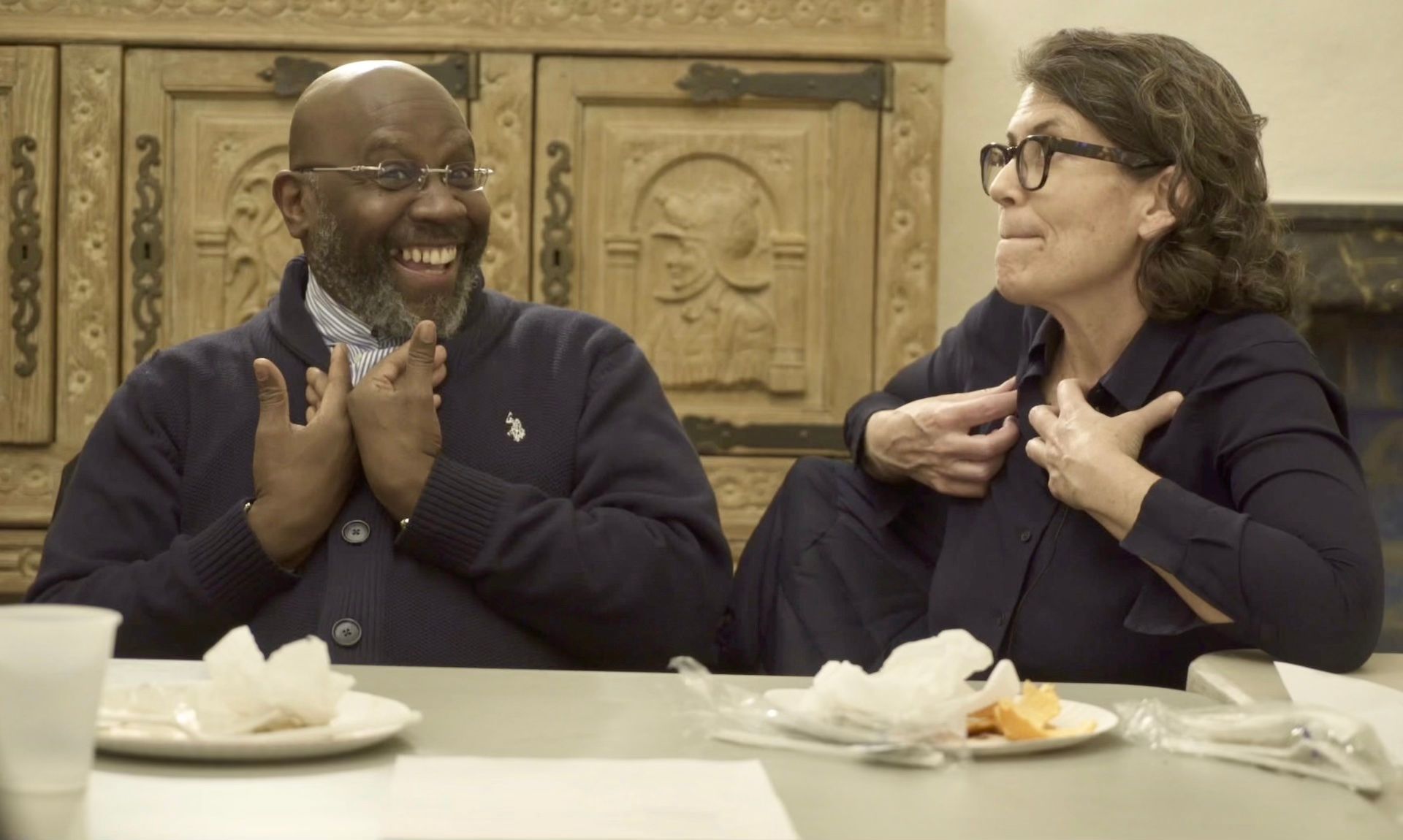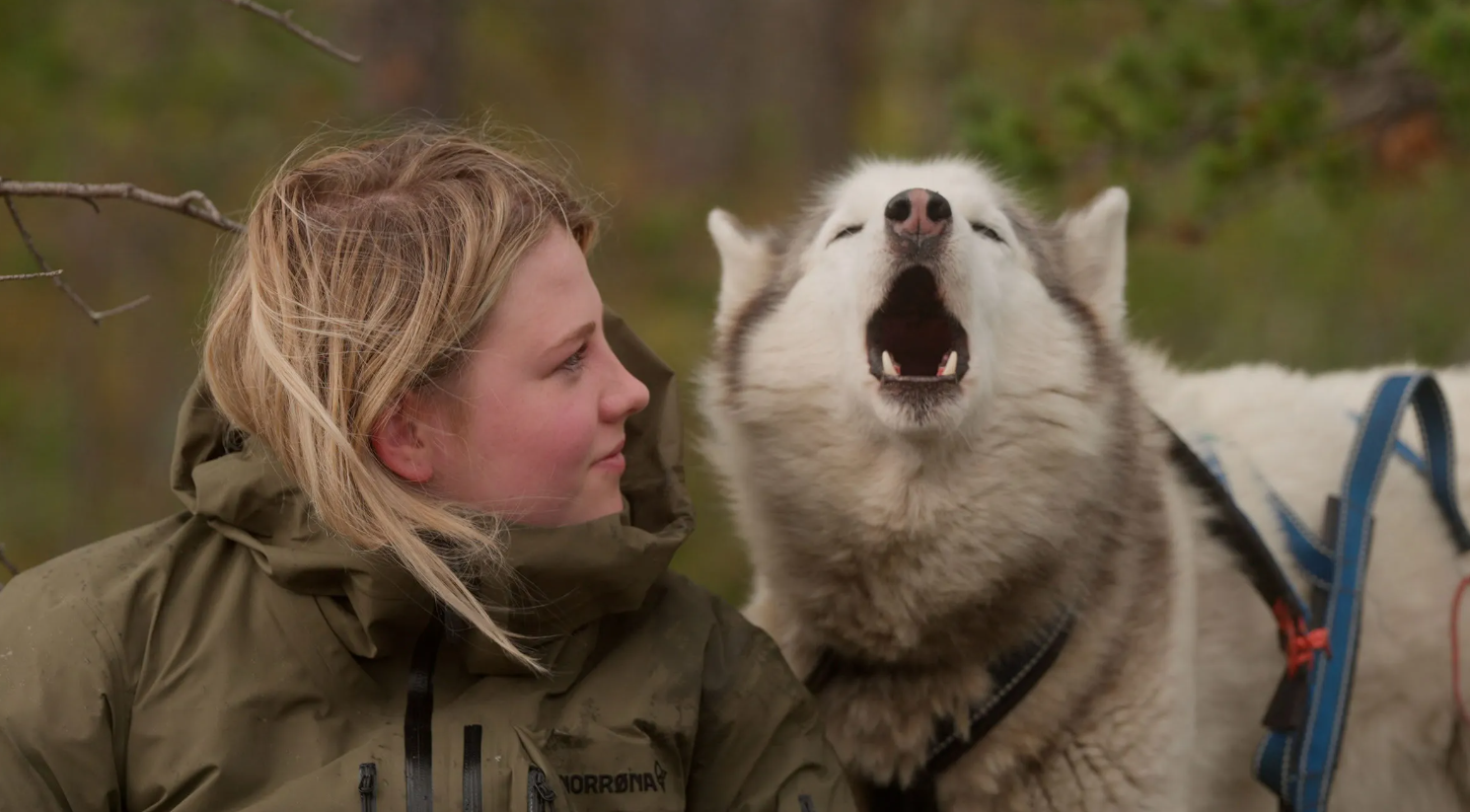Drowned Land was watched as part of the Seattle International Film Festival 2025! It had its showing on Friday, May 16th as part of the festival, and it was the Seattle Premiere of this film! You an see my interview with the director, Colleen Thurston, here!
A Civil Action. Dark Waters. Films about lawyers going after corporations who have poisoned the water in communities and refuse to take action to fix it. Films where the little guy has to stand up to Mr. Moneybags, and well, it doesn’t go well. Sure, there is some success, but when compared to the extreme damage done to these communities, it gives a strong Pyrrhic victory vibes behind it.
So, what is the problem can be stopped at its source?
In Drowned Land, we head to Kiamichi River, where many natives in Oklahoma live, after being moved during the Trail of Tears. Not just Native Americans either, plenty of other folk use the valley and the river. But we have, like in those movies, a company who wants to come up and turn it into a hydroelectric dam, flooding parts, affecting the wildlife, and the residents both up and downstream in different amounts.
And this documentary is about the local residents coming together to put a stop to this. They don’t want it to be touched. They want to save it, and so they go to the hearing, with personal narratives, facts, science on their side, to see if they can prevent future tragedy from befalling upon their community.

And its not just about protecting beautiful sights, but hey, its a bonus.
And of course, the most surprising part about this, is they were successful.
For now.
Because this was not the first time it was attempted, and won’t be the last time, unless they can get legislature protecting the area forever. Which is the next goal. But holy shit, they won? Even if just a small step towards staying free from this construction, that is such a massive uplifting feeling. I have seen a lot of protest documentaries about constructions on native lands, and trying to stop corporation take over. I feel like the corporation always wins, and we see why everything is corrupt.
If anything, this documentary should be shown just to see that it can be done, it just takes a village working together.
But besides that, I am sad to say, the parts between the hearing just failed to keep my interest as much. I am a political and legal junkie, I would have loved it if the whole thing was just that one aspect myself. The human interest stuff, I get it, but it felt a little bit more like padding than anything else.








